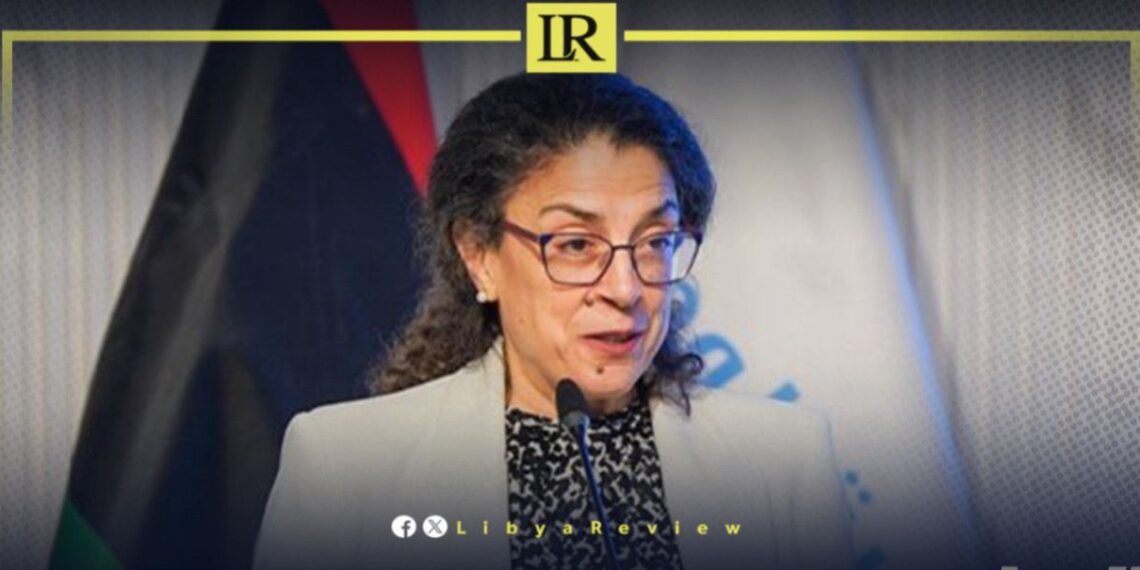The Acting Head of the United Nations Support Mission in Libya (UNSMIL) and Deputy Special Representative for Political Affairs, Stephanie Khoury, will present her periodic briefing to the United Nations Security Council on Wednesday, focusing on the escalating political and security situation in Libya.
Khoury’s report follows her previous briefing on August 20th, where she expressed concern over Libya’s deteriorating stability, citing a series of unilateral decisions made by key Libyan factions. These actions have further destabilized the country, hindering efforts to foster unity and peace.
Khoury also held talks on Monday with UN Secretary-General António Guterres at the UN headquarters in New York, where they discussed Libya’s political and security landscape. Guterres reaffirmed his full support for UNSMIL’s efforts to facilitate a political process aimed at resolving the ongoing deadlock and achieving a peaceful solution.
Libya has been in turmoil since the ousting of Muammar Gaddafi in 2011, with rival factions battling for control of the country’s resources and political institutions. Despite several international efforts to mediate a peace process, Libya remains divided between competing governments and militias, resulting in ongoing instability.
National elections, which were expected to pave the way for a unified government, have been repeatedly delayed due to disagreements over electoral laws and ongoing security challenges. Foreign intervention has further complicated the situation, with several nations backing different factions, fueling the conflict.
Khoury, in her previous briefing, warned that recent unilateral actions by some factions had exacerbated the crisis. These decisions, which bypassed existing agreements and undermined peace negotiations, have further derailed efforts to establish a unified government. This includes attempts by different factions to create parallel institutions and enforce arbitrary political appointments.
The United Nations, through UNSMIL, has played a critical role in mediating dialogue between Libya’s rival factions, promoting ceasefire agreements, and facilitating discussions on key political reforms. A fragile ceasefire agreement was reached in 2020, which has largely held, but the political deadlock continues to hamper progress toward a lasting resolution.
UNSMIL has been instrumental in bringing together stakeholders to address critical issues, including the management of Libya’s oil resources, security sector reforms, and the creation of a new constitutional framework. However, the ongoing political divisions and the lack of consensus on key electoral and governance matters remain significant obstacles.
Khoury’s upcoming briefing will provide the Security Council with an updated analysis of the situation, including the challenges posed by unilateral actions and the role of international actors in Libya’s conflict. Her report is expected to highlight the urgent need for renewed efforts to prevent further destabilization and push for national elections.


